AI-Powered Human Cloning – Is It Possible?
- March 30, 2025
- 0
It sounds like something out of a sci-fi blockbuster, but with the rapid advancements in genetic engineering and AI-driven biotechnology, this future may be closer than we think.
It sounds like something out of a sci-fi blockbuster, but with the rapid advancements in genetic engineering and AI-driven biotechnology, this future may be closer than we think.
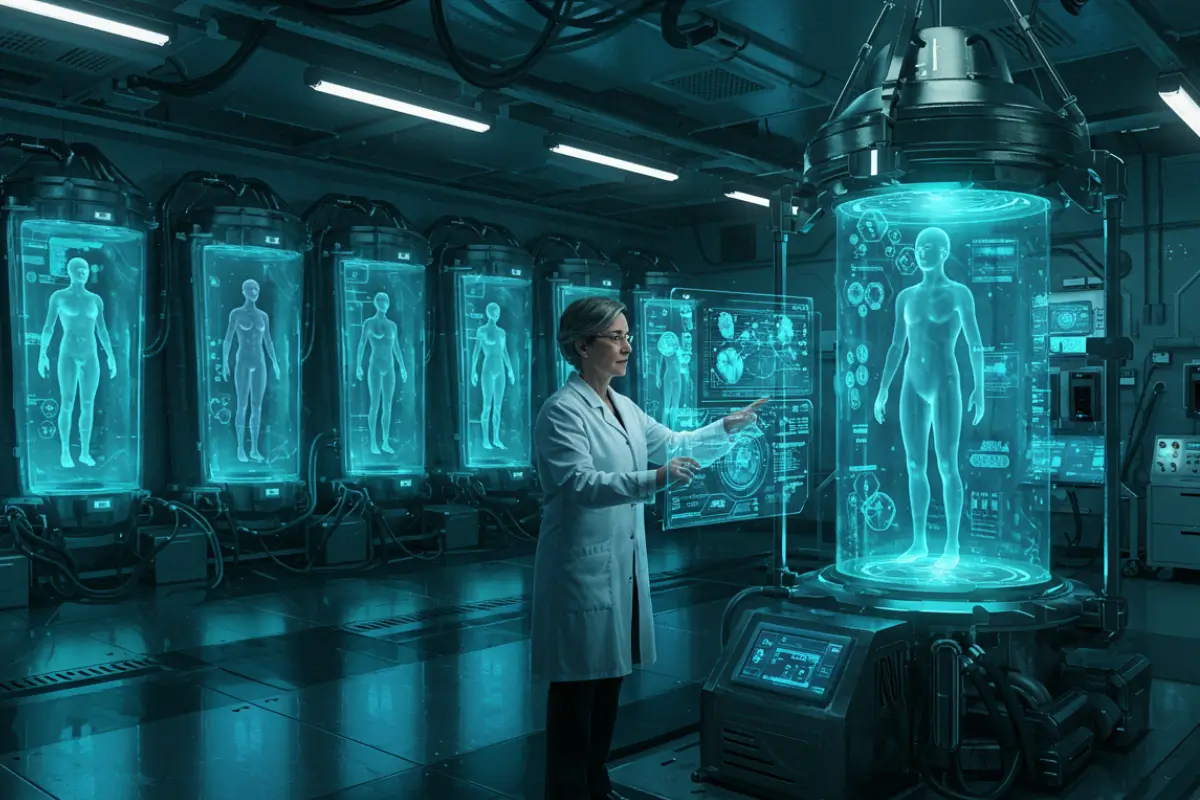
It sounds like something out of a sci-fi blockbuster, but with the rapid advancements in genetic engineering and AI-driven biotechnology, this future may be closer than we think.
However, before we get too excited (or terrified), let’s break down what AI-powered human cloning really means, whether it’s scientifically feasible, and what ethical dilemmas it presents.
I even think that many people would use this if it were reality or true, let’s see if it’s possible or just humanity’s madness.
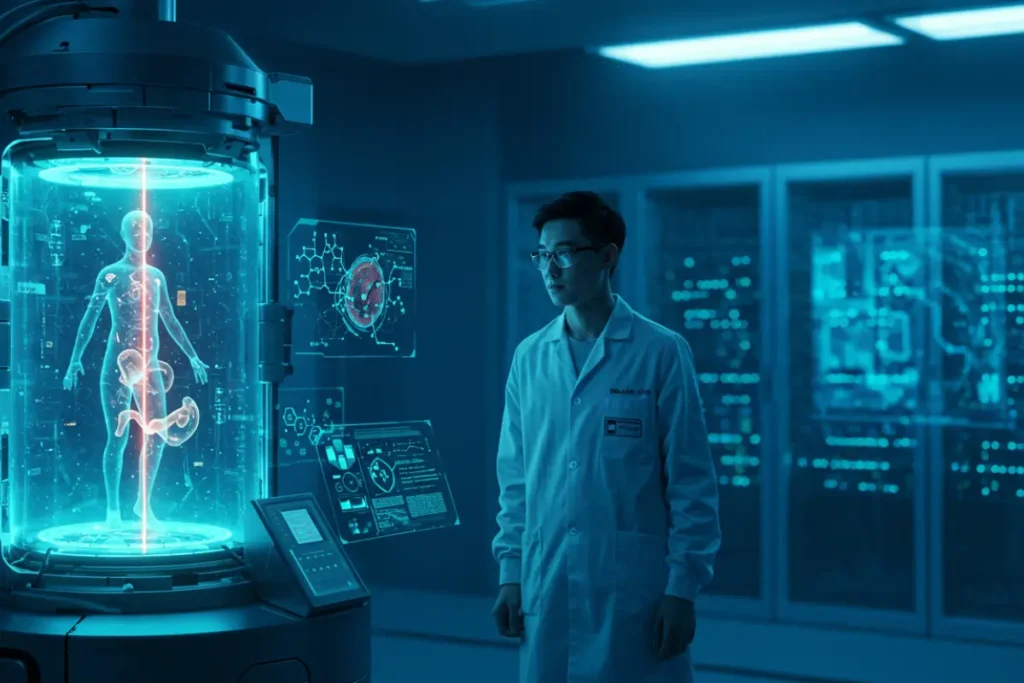
Before AI even enters the conversation, let’s first establish what human cloning actually entails. Cloning is the process of creating a genetically identical copy of an organism.
This has been successfully done with animals, most famously with Dolly the Sheep in 1996. However, cloning a human presents significantly greater scientific and ethical challenges.
There are three main cloning methods:
Despite these breakthroughs, human cloning is currently illegal or highly restricted in most countries due to ethical concerns.
Even if we perfected the science, we’d face major challenges, such as:
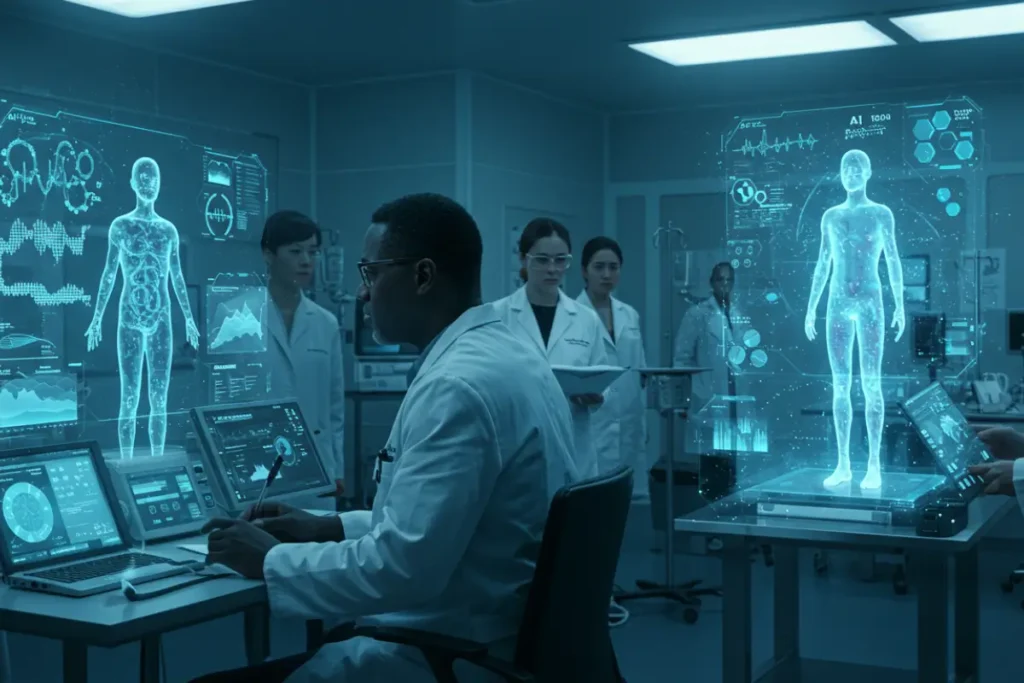
Now, where does AI come in? Artificial intelligence has the potential to revolutionize cloning by increasing accuracy, improving success rates, and reducing genetic anomalies.
Imagine AI-driven CRISPR gene editing, predictive genomic modeling, and even AI-assisted consciousness replication. But is this realistic, or are we stepping into science fiction territory?
AI is already transforming fields like genetics, medicine, and biotechnology. Here’s how AI could enhance cloning:
However, cloning a biological body is just one part of the puzzle. The greater challenge lies in replicating consciousness, memories, and individuality—areas where AI is still in its infancy.
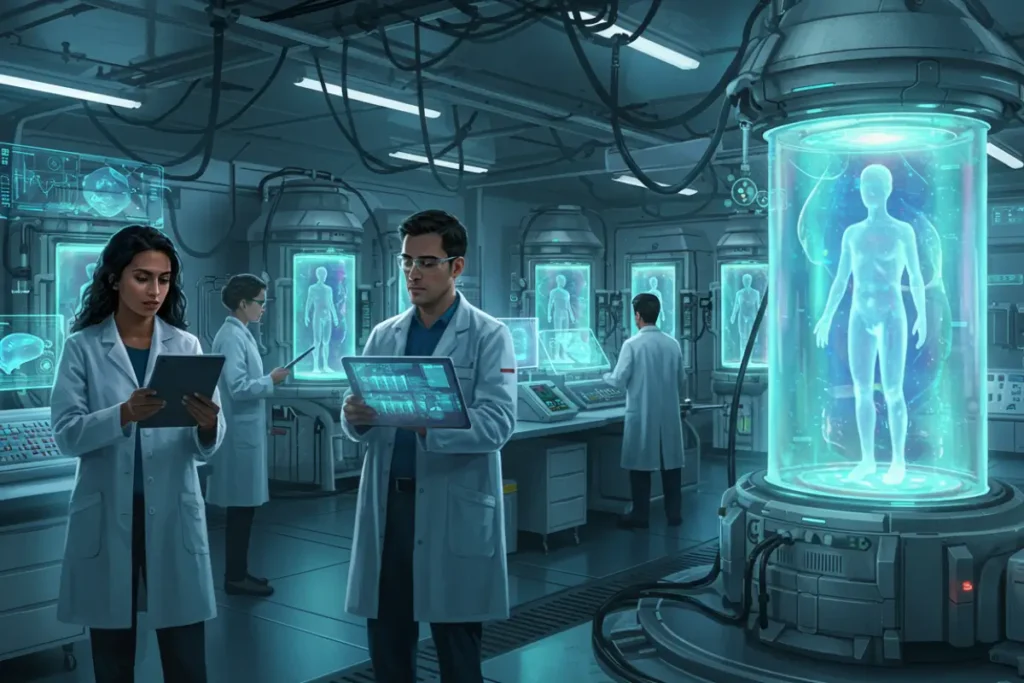
Even if AI makes human cloning scientifically possible, should we proceed? Here are the biggest ethical concerns:
Despite these concerns, some transhumanists argue that AI-powered cloning could extend human life, help with organ regeneration, and even allow humans to transfer their consciousness into a cloned body. But is this the kind of future we truly want?
If cloning a biological body is too complicated, what about cloning a digital mind? AI has already made significant progress in brain emulation and digital consciousness. Imagine an AI-powered system that could:
Companies like Neuralink (by Elon Musk) and OpenAI are already exploring ways to integrate AI with the human brain. Could this be the first step toward digital immortality?
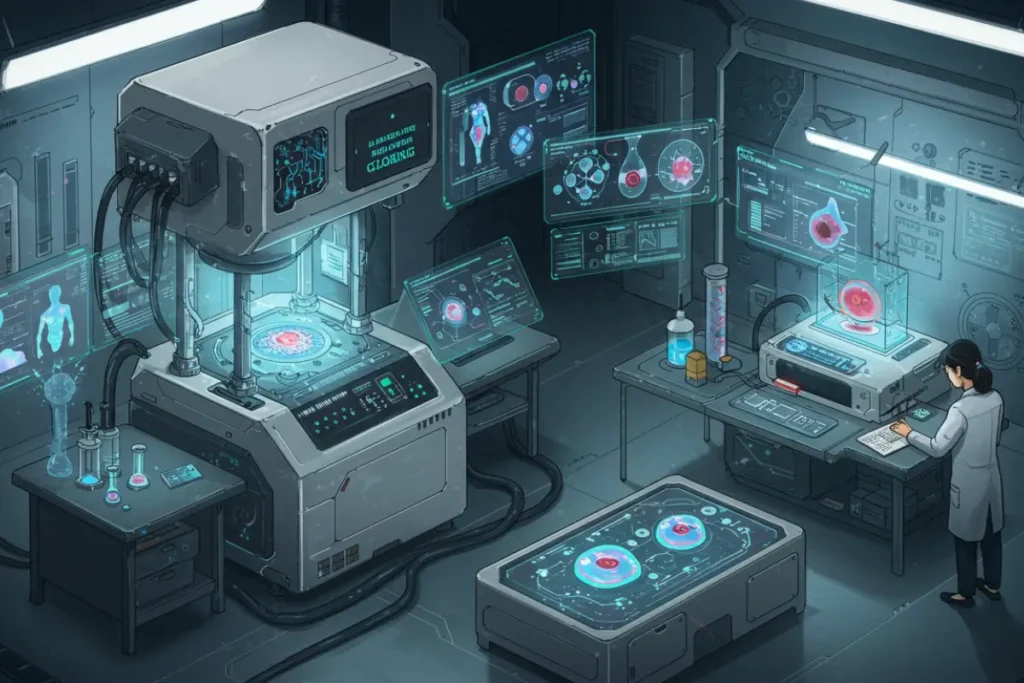
So, is AI-powered human cloning possible? Scientifically, we’re getting closer. But practically?
We’re still decades away from considering it a reality. Ethical, legal, and technological barriers make this a complex issue, but AI is undoubtedly pushing the limits of what’s possible.
Well, because it will take a long time for this to actually happen, in a safe and practical way, we don’t even know if we will exist until then, so it’s still good to have our feet on the ground and not think that this will happen now.
What do you think? Would you want to be cloned? Let’s discuss in the comments! 🚀🌎
For more on AI and human cloning, check out these sources:
▶ Can AI create a perfect human clone?
▼ Not yet! AI can assist in cloning, but ethical and biological barriers remain.
▶ Would a cloned human be exactly the same as the original?
▼ No. Even with identical genetics, environmental factors and experiences shape individuality.
▶ Can AI help clone extinct species?
▼ Yes! AI is already aiding in de-extinction projects, like reviving the woolly mammoth.
✨ Enjoyed this article? Share it with others! And if you want more futuristic content on AI, technology, and the future, visit Futuristic Intellect! 🚀